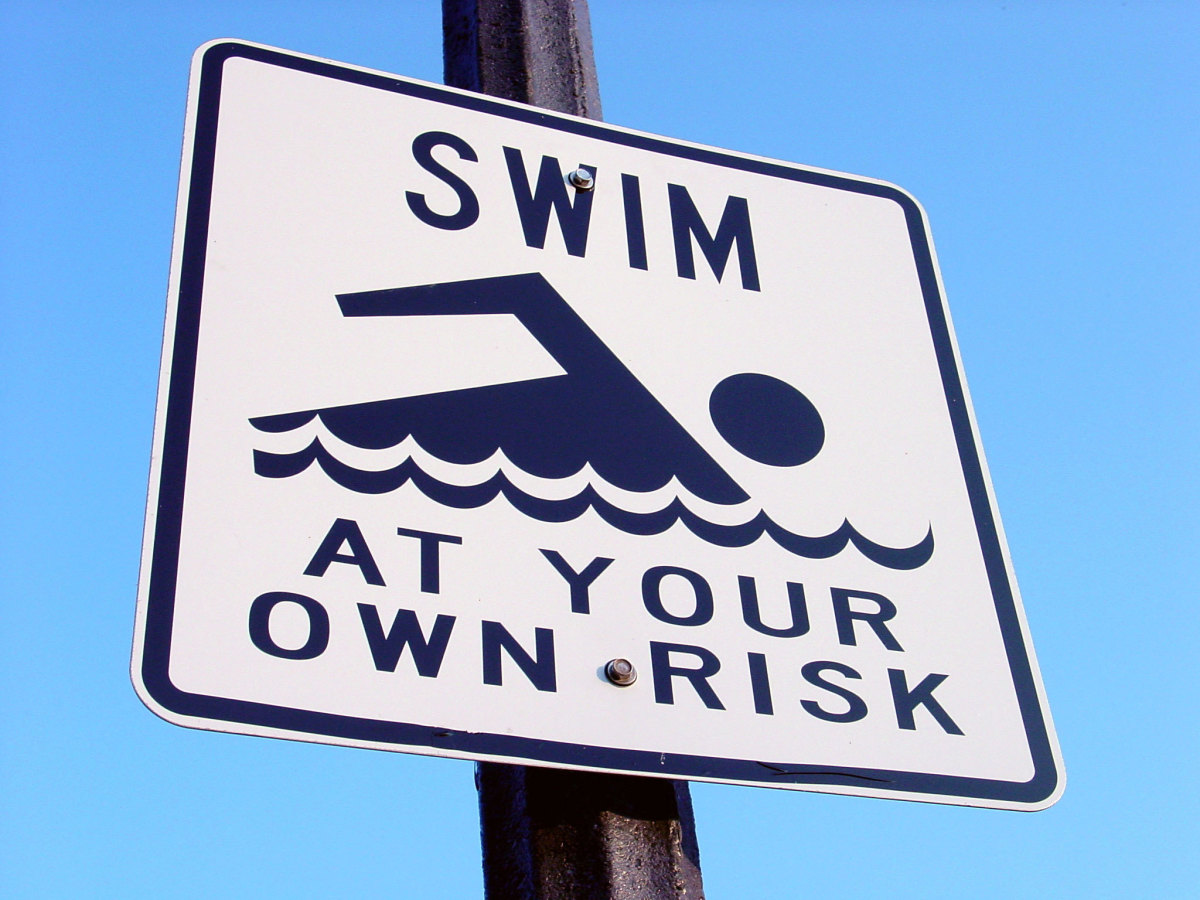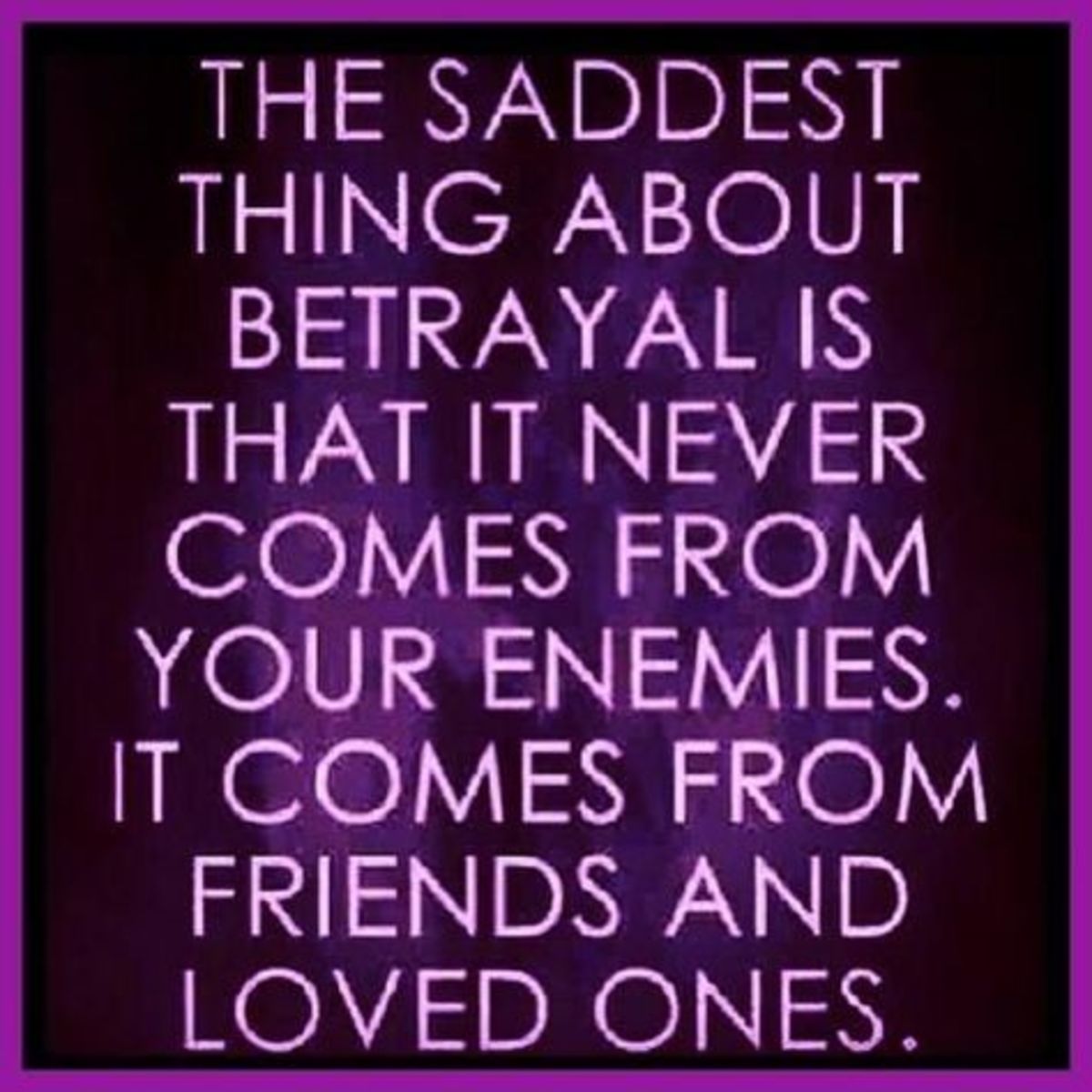How to Tell an Irritating Friend You Don't Want to Stay Friends

Moving on From A Toxic or Unrewarding Friendship
When we're little, our parents urge us to get along with everyone and to be everyone's friend. This advice mainly means to be kind and patient with others, which is a worthy goal. However, as we get older and friendships progress beyond play dates, we actually start to choose our friends based on things we have in common, mutual support, and other factors.
And yet often friends sneak in who we don't really like--who leave us angry or sad after a conversation or dinner--and we dread seeing them.
If you have an irritating friend in your life and are ready to move on, you can respectfully and maturely end the friendship--while it may be awkward, it's not impossible. And in the end, your time and energy will be spent on positive relationships and you will be a happier person!
Have you ever stayed in a friendship but wished you didn't have to?
Considering Why You're Ending the Friendship
If you're finding a friend especially irritating, don't be quick to immediately pull back and end the friendship. Many factors should go into your decision. Think about the following:
- The length of the friendship and the depth of your attachment to each other
- Whether the other person's behavior is long-running or a recent development
- If you are being overly sensitive or going through a rough patch that is making you impatient
- The friend's life situation (are they going through a divorce, dealing with a death, etc.)
- How you feel after spending time with the friend
- The last time you enjoyed time spent with the friend
Even friendships that have lasted decades can have lulls or rough spots--so if your relationship with a friend is deep-rooted into your life, it might be better to address the behaviors that are irritating you and seeing if the relationship can be salvaged than to just end the relationship. However, if the friend is an acquaintance, or is hostile and makes you feel bad about yourself, then your healthy decision might be to move on. It's all about what's doing right for you, but don't be so selfish that you don't consider the other person.
Advice on Friendship
Deciding to End the Friendship in Person, or Via Other Channels
When you've decided to end a friendship with an irritating friend, also consider how you will address the situation--don't just jump into a conversation without thinking. Otherwise, you may have the discussion in a less than opportune place (a crowded bar, for instance) or be talked into remaining in the friendship.
If the friend is an old friend or one with whom you have a lot of personal history, you at least owe the person a conversation--either in person or on the phone. A text, an email, or another sort of written message is too impersonal and will leave them feeling even more hurt (and really, you should never do something like that via text).
If the friend is an acquaintance or someone with whom you haven't been close in a while, then an email or a letter is probably appropriate. The person may still want to call and discuss it with you, so decide beforehand if you will be willing to have that conversation.
Ending a Friendship Gracefully
The Conversation That Ends the Friendship
Breaking up with someone is hard and awkward--and ending a friendship can be even worse than that. So, think about exactly what you will say beforehand and consider any possible scenarios that might arise. If you've decided to move on from an irritating friendship and will be telling the friend in person, the friend may become angry, very sad, or try to convince you to stay in the friendship.
Start the conversation by saying you value the time you've spent together and the support the friend has given you; then say you're sorry but don't have the time or energy for the friendship anymore. Point out how you've grown apart, have little in common, etc. Don't make the conversation about the other person's failings or catalogue their flaws--that's hurtful and unnecessary. While it is appropriate to tell the other person you don't feel like your relationship is healthy for you, don't go into too much detail or get accusatory.
Stay calm, repeat yourself if necessary, and be firm about why you are ending the friendship--for yourself, to be the healthiest and happiest person you can be.
Coping with Emotions After Ending an Irritating Friendship
After you've ended a friendship with someone you've found irritating, you will likely feel a mixture of guilt and relief--guilt that you've hurt another person, and relief that you no longer have to deal with him or her.
Instead of wallowing in guilt and perhaps feeling bad about yourself, remind yourself that friends are supposed to be a source of support and kindness, and that you are supposed to leave social interactions feeling happy and grateful for the loved ones in your life. If you made a choice that will result in more happiness and peace in the long run, there's nothing to feel guilty about.
Focus on the friendships that sustain you and help you be the best, happiest person you can be--and move on from the rest.









